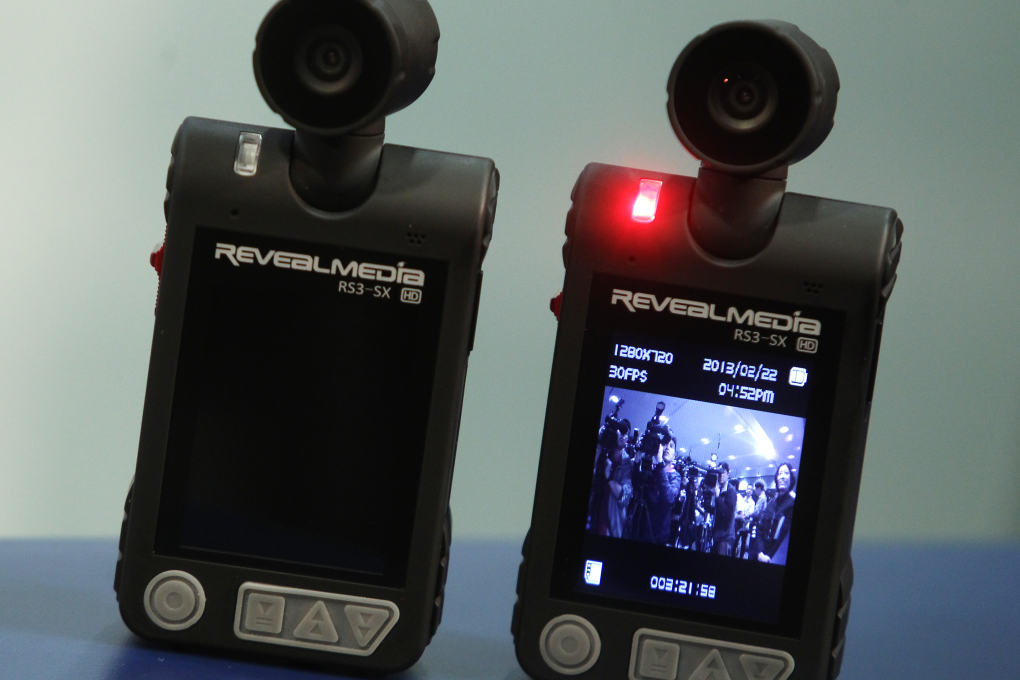Body cameras for police serve a useful purpose
As long as privacy concerns are addressed, there is no reason to oppose the use of such equipment by officers

The common use of smartphones for video recording in public spaces has understandably raised privacy concerns. The concerns are even greater when such recordings are used for law enforcement purposes. Having tested body-mounted cameras for a few years, the police plan to equip all frontline officers with recording devices within four years. It is important that the police force step up efforts to address the concerns arising from such equipment.
From the police force’s point of view, body cameras are an effective law enforcement tool. They can help calm the situation during stand-offs between the public and police. The recordings have also proved to be useful in judicial proceedings. Over the past four years, some 724 police recordings were made in 493 incidents, of which 172 were used for further investigation or submitted as evidence in court. In cases involving an assault on a police officer or wilful obstruction of an officer in discharging his duty, the recordings have played a key role in leading to convictions.
But there are also counterarguments. Such recordings are taken from an officer’s perspective and may not show the whole picture. There are also implications on our cherished right to protest, as some may be deterred from peaceful assembly. Equally worthy of attention are the usage and storage of such recordings.
Therefore, the safeguards put in place by the police are to be welcomed. Recordings by body cameras must be incident-specific and have to be reported to supervisors. Where practicable, the officer should notify the subject prior to recording. The footage must be handled by another team of officers, retained for at least 31 days and deleted thereafter if it has no evidential or training value. Material suitable for training will be edited to ensure it does not contain identifiable personal particulars. The rules appear to be stringent enough to guard against abuses.
There are those who believe the police already have too much power over demonstrations and rallies. The levels of scepticism and distrust in certain quarters gained further momentum in the wake of the performance of some police officers during the Occupy movement in 2014. The concerns may intensify if the use of body cameras widens without due regard to privacy and other concerns. The equipment was introduced because protests have become more rowdy in recent years. It might not have been necessary had protests remained peaceful and orderly. So far, the trial scheme has not brought much negative feedback. But given the potential impact on privacy and freedom, the police should step up efforts in addressing public concerns.
